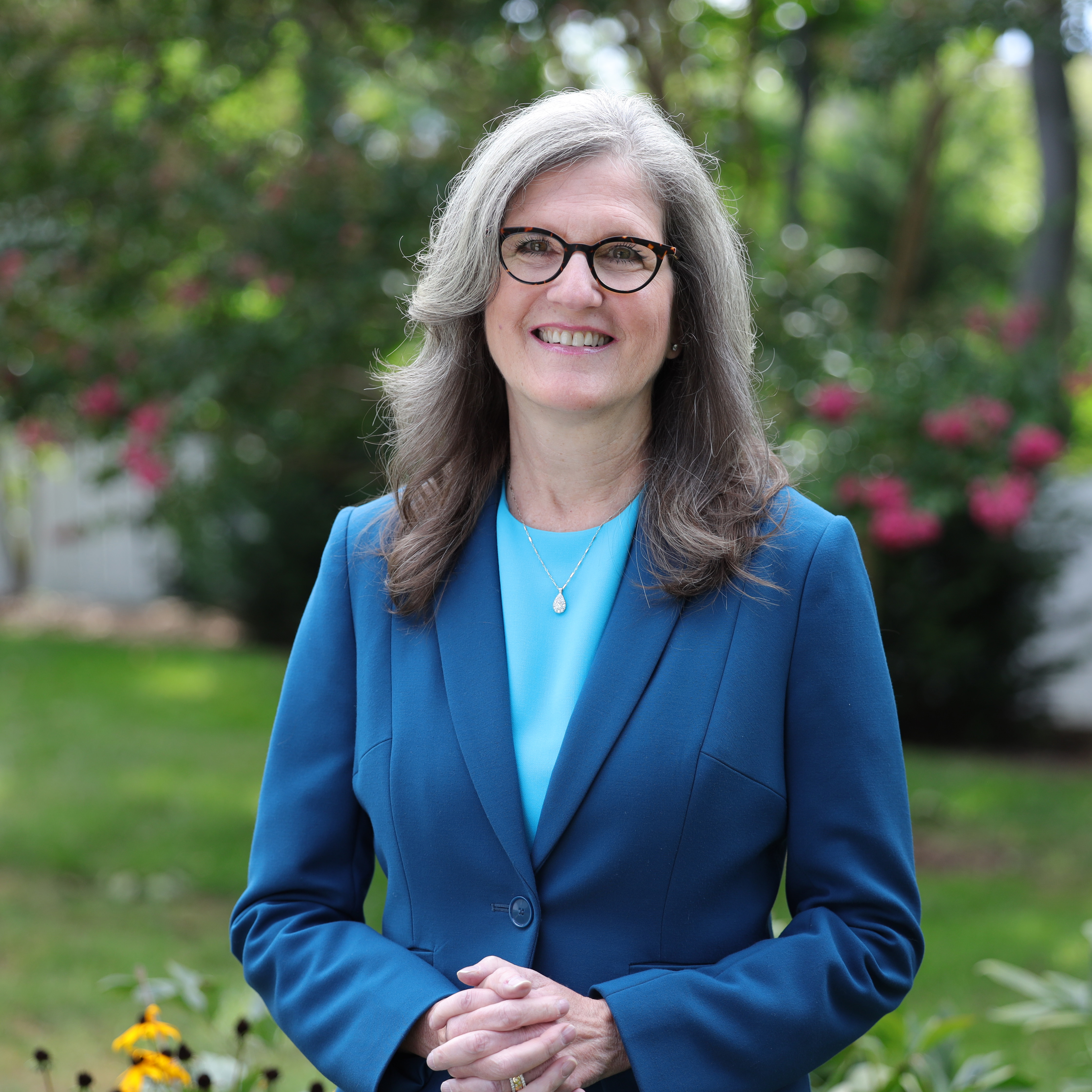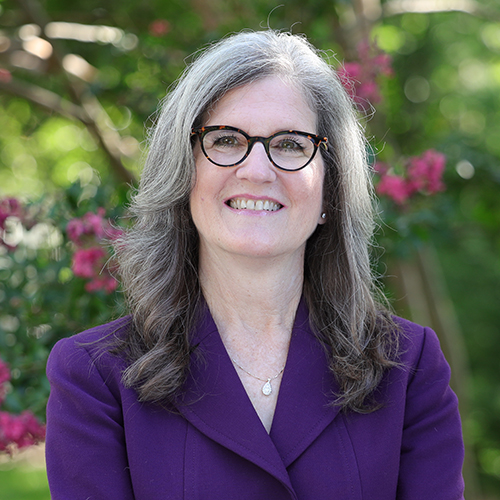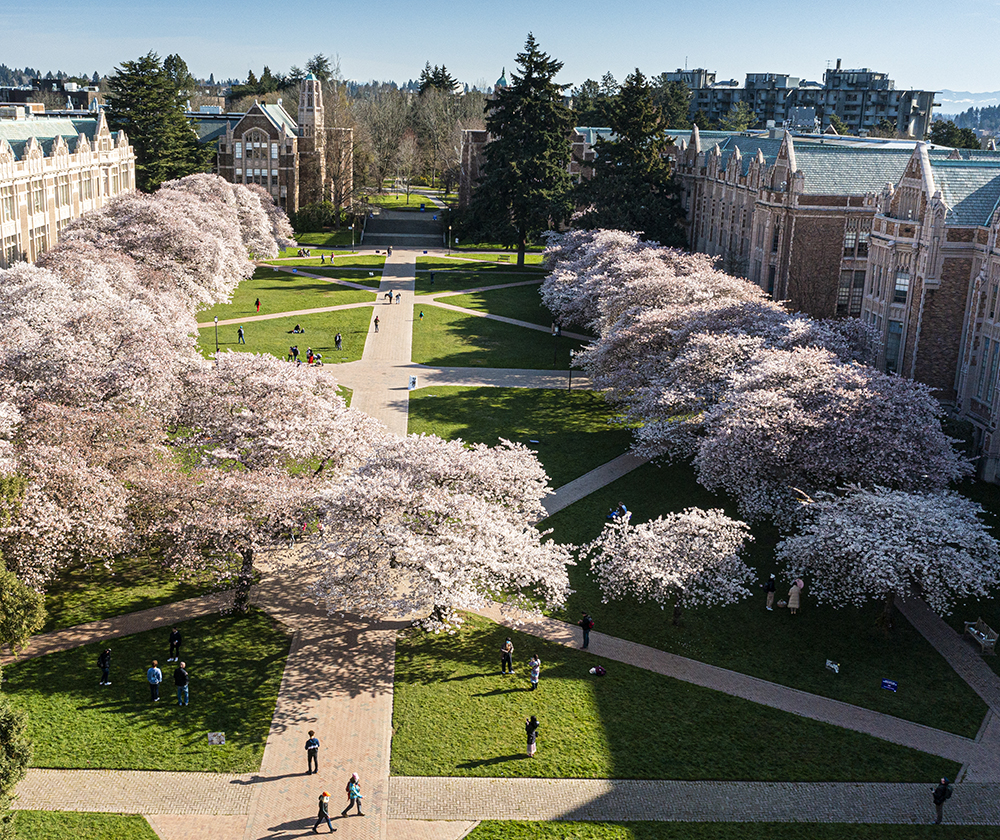
In his 2019 book, The Common Good, economist, scholar and public intellectual Robert Reich wrote the following:
“The common good consists of our shared values about what we owe one another as citizens who are bound together in the same society—the norms we voluntarily abide by, and the ideals we seek to achieve….A concern for the common good-–keeping the common good in mind---is a moral attitude. It recognizes that we’re all in it together. If there is no common good, there is no society.”
Reich then connects these important assertions about the common good to education writing that “Education is a public good that builds the capacity of a nation to wisely govern itself, and promotes equal opportunity….Without an educated populace, a common good cannot even be discerned. This is fundamental….”
If the current moment shows us anything, it is—as Reich says—that we are all in this together. Whether we are considering the ongoing global pandemic, the impacts of climate change, the escalating crisis in Ukraine, or many other topics of current relevance, it is hard to imagine a better nor a more important time for centering a powerful and renewed commitment to the common good, and to placing it at the center of higher education.
Questions about the common good and how they relate to my work as the Dean of the College of Arts and Sciences have been at top of mind for me because I’ve always understood higher education to have both the potential and the moral obligation to model for students the importance of engaged, thoughtful, and active participation in our world. I’ve always believed that if we can model the world we want to see on campus, we have a much better chance of watching our students build that world beyond campus after they graduate. Our wonderfully rich and varied curriculum is of course central to that work but we know that teachable moments present themselves as frequently outside the classroom as inside. And students are equally as attentive to our words and actions as they are to the structures they move within and through as they navigate the university, and to the values they see enacted and represented on our campus every day. So, what might we do to better help our students understand—through our interactions with each other, through the structures we create, and through the values we enact on campus-- their obligations to a world beyond themselves?
Importantly, and as Reich notes in his book, we need not necessarily share agreement about the precise contours of the common good. What matters instead is that we commit to its centrality and that we make it a priority. Within the context of the University, that recentering might involve not just new kinds of courses but also considering entirely new models for teaching and learning, new ways of understanding who our students are and might be, just as it also might involve a reexamination of the ways our practices align with our values and mission. Putting questions about the common good at the center of all we do may be just the catalyst we need as we consider the future of higher education and of a liberal arts education in the 21stcentury.
These are some of the issues I’ll be considering as I work across our four divisions in conversation with our faculty, students, and staff. They are certain to lead to big, ambitious, challenging questions that will not be easily nor quickly addressed. They will most certainly cause us vexation. But also—and I deeply believe this to be true—they will lead us to renewed joy in our work. Centering a renewed sense of a commitment to the whole of us—to “thinking like a college” as I’m fond of saying, but also to thinking like a college within a university within a community within a world—seems vitally important and now more than ever, and I’m convinced that the University of Washington’s College of Arts and Sciences is the right place to do that. Why?
An example from the very recent past shows us the extraordinary capabilities that lie within this institution. The numerous phases of the global pandemic have forced academe through multiple cycles of imposed adaptation that have shone a spotlight on the brilliantly creative and deeply committed faculty throughout the nation and—most especially—at the University of Washington, which was the first 4-year university in the nation to move its classes online in March of 2020. I can only imagine how difficult a decision that must have been, and it was one that above all else prioritized the common good. In my view, that historic decision will linger for years as a model for us to hold up to students, to show them the depth of a university’s commitment to the good of the whole in the most trying of circumstances, one replete with uncertainty, distress, grief, and fear. I’m immensely proud to be part of such an institution, but let me be clear: The pursuit of big ideals is never easy. We will make mistakes, we will stumble, we will fail. And we will try again. Our students are worth it, and the world requires it.
There are many different ways to lead as a dean. For me, this role is primarily about being in service to our faculty, students, and staff to help lift them up and in the process to lift our mission. But it is also, and importantly, to be an occasional provocateur and I’ll be using this blog to pose some questions and to share thoughts and ideas for which I don’t have any firm answers or conclusions. I’m not yet sure what a centering of the common good will look like during my tenure as dean but I know I’m in the right place, working with the right people to figure that out. I’m glad you’ll be with me on that journey.
More Stories

From the Dean
Dianne Harris reflects on her first six months as dean, and the “dedication to excellence and deep veins of creativity” she has found throughout the College of Arts & Sciences.

New Dean, New Perspectives
A conversation with Dianne Harris, new dean of the UW College of Arts & Sciences.
